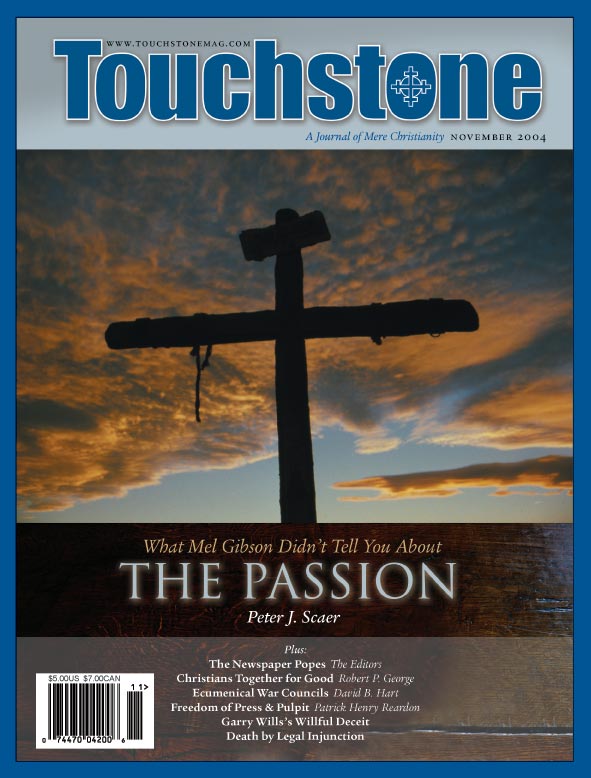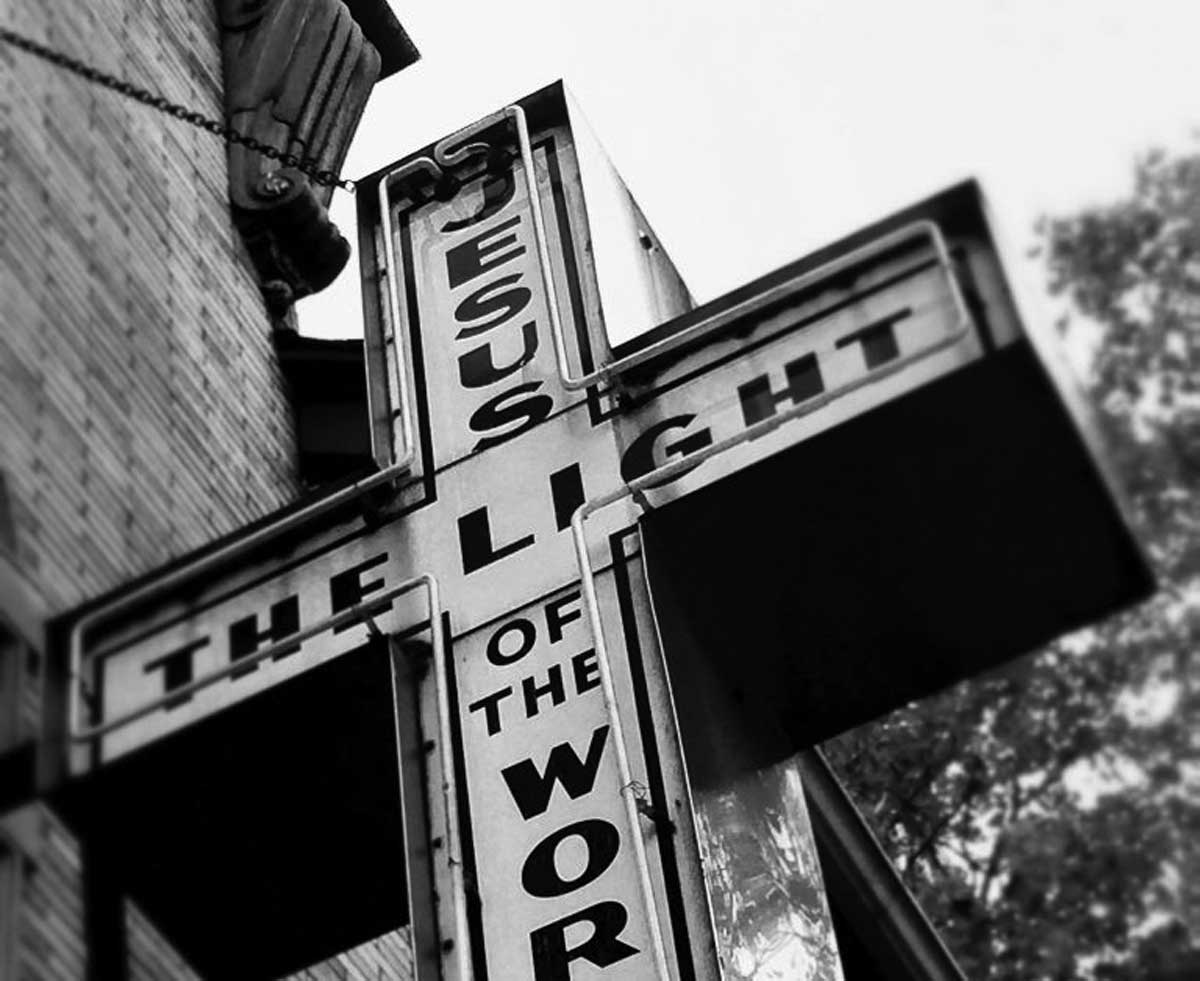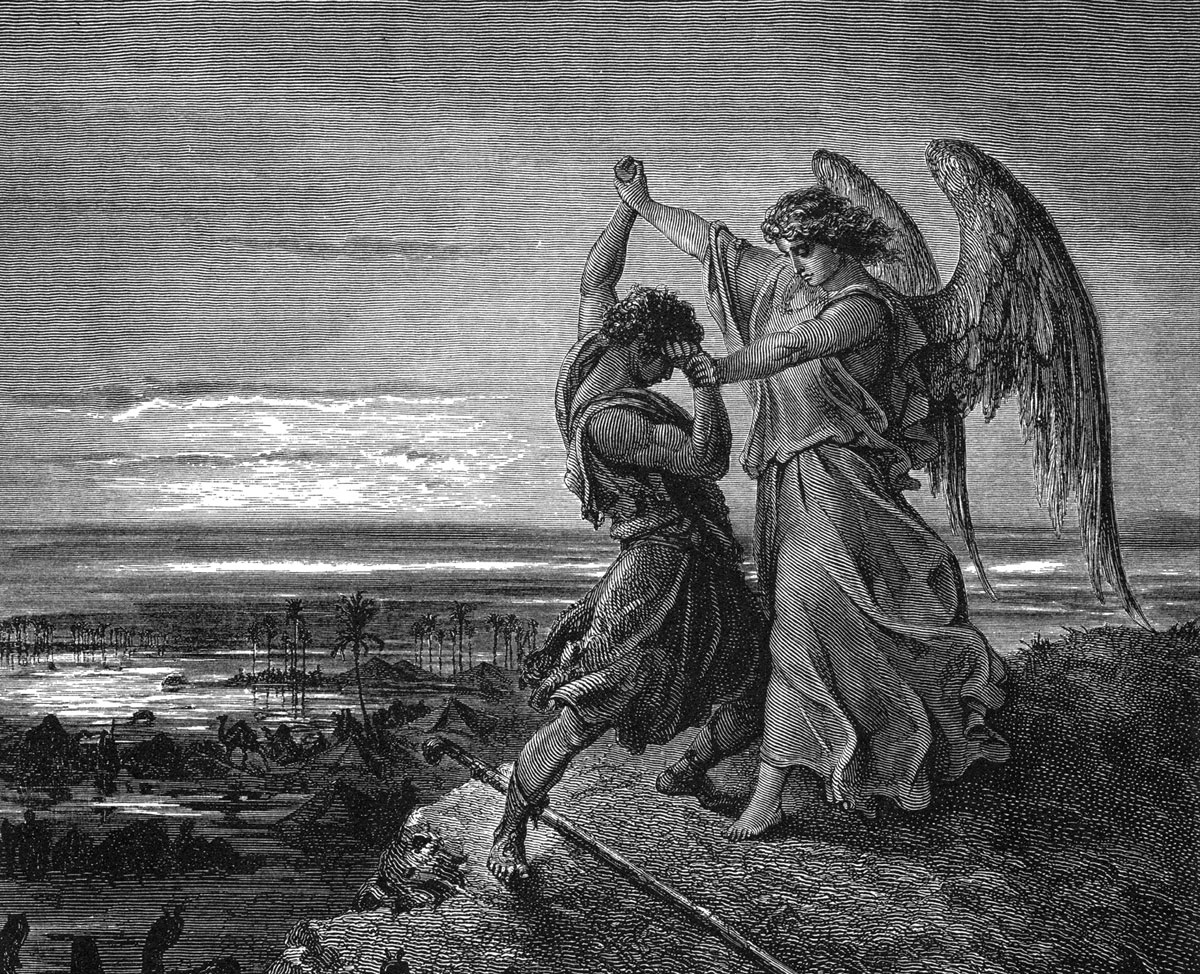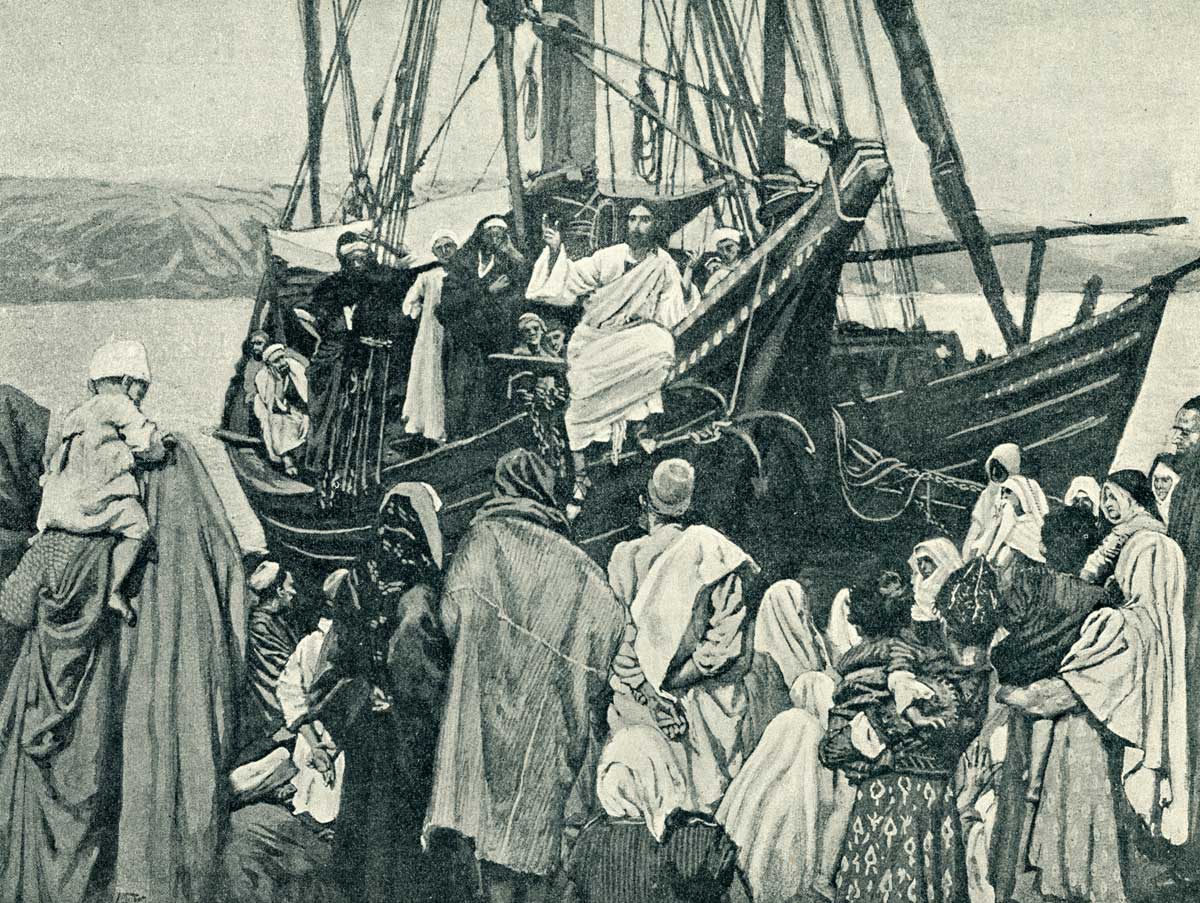Ecumenical Councils of War
The Virtue of War: Reclaiming the Classic Christian Traditions East and
West
by Alexander F. C. Webster & Darrell Cole
Regina Orthodox Press, 2004
(252 pages; $19.95, paperback)
by David B. Hart
An Antiochene Orthodox priest of my acquaintance recently told me, with every appearance of sincerity, that he had converted to the Eastern Church because he was a pacifist. For a moment, I was uncertain as to whether he was attempting to baffle me with some cunningly constructed paradox.
I would have found it a no more impenetrable non sequitur had he announced that he had joined the local Elks’ lodge because of his passion for beautiful young women, or that he enjoyed reading Calvin for the witticisms. But it soon became clear that he had meant his remark not only in earnest, but without any sense at all of its absurdity; indeed, he was somewhat disconcerted to discover that, in my own conversion to Orthodoxy almost two decades earlier, I had not been inspired in the slightest by similar motives.
It strikes me as a singular sort of delusion to imagine that the Eastern Orthodox tradition is any more hospitable to pacifism than the Western Catholic tradition, given the utter absence of pacifist tenets from Orthodoxy’s teachings, liturgy, or history. And yet, apparently, it is a delusion shared by a not inconsiderable number of (Western) Eastern Christians at present. Of course, it is something of a cottage industry in the Orthodox Church—especially among converts—to discover and “market” ever newer ancient differences between Eastern and Western Christian theology, morality, devotion, spirituality, politics, cuisine, or whatever else one can think of.
And, since an explicit and elaborate theory of “just war” is the special achievement of Western tradition, it has become received wisdom in some quarters of the Eastern Church that Orthodox tradition obviously regards all war as intrinsically “unjust” (which, for reasons obscure to me, is taken as proof of a certain spiritual superiority on the Eastern side). Thus has been born another fatuous myth regarding the division between the ancient Catholic Churches, one that—like all its predecessors—combines a refusal to learn the meaning of unfamiliar terms with a magnificent indifference to historical fact.
East & West Agree
This is not, I hasten to say, to dismiss Christian pacifism out of hand. There may be no good theological reason to prefer an unjust peace to a just war, or to pretend that the undoubted possibility of the former does not—by dialectical necessity—imply the possibility of the latter; but few of us should be confident in our ability adequately to recognize either, and—given the enormities of war—it is always wise to err here on the side of caution.
Whether, though, one views pacifists as sinewy heroes of the spirit living out a prophetic life of obedience to the true gospel message, or as pusillanimous moral dilettantes too craven to undertake the discipline of prudential reasoning in the realm of concrete morality, or merely as admirable but excitable enthusiasts, it simply is not the case that the Eastern and Western Churches differ significantly in their traditional understandings of war or warfare. And it is as well to acknowledge as much, both for the sake of Christian unity and for the sake of rational theological argument in times of international turmoil.
This, at any rate, is one of the principal arguments of Alexander Webster’s and Darrell Cole’s The Virtue of War, a thorough (if not entirely consistent) defense of just war thinking as part of the common inheritance of both the Eastern and the Western Churches. Far more, however, than an exercise in ecumenism, this is a book written with a certain palpable urgency about it: It is intended, quite unambiguously, as an exhortation to Christians to devote themselves wholeheartedly to the current “war on terror,” most especially America’s invasions of Afghanistan and Iraq. And while, in this latter cause, the book is probably a failure, this is not on account of any deficiency in the case it makes for “just” or (in Webster’s preferred phrase) “justifiable” war.
The greatest virtue of this book is that it does not advance its case only over against Christian pacifism of the sort one associates with, say, John Howard Yoder, but also over against the “Christian realism” of Reinhold Niebuhr and his disciples. It has long been one of the more irksome oddities of American Christian ethics that—in matters pertaining to war—the pacifist and realist positions have been treated as the only available options for Christian moralists.
David B. Hart is the author of The Beauty of the Infinite: The Aesthetics of Christian Truth (Eerdmans, 2003), reviewed in the September 2004 issue.
subscription options
Order
Print/Online Subscription

Get six issues (one year) of Touchstone PLUS full online access including pdf downloads for only $39.95. That's only $3.34 per month!
Order
Online Only
Subscription

Get a one-year full-access subscription to the Touchstone online archives for only $19.95. That's only $1.66 per month!
bulk subscriptions
Order Touchstone subscriptions in bulk and save $10 per sub! Each subscription includes 6 issues of Touchstone plus full online access to touchstonemag.com—including archives, videos, and pdf downloads of recent issues for only $29.95 each! Great for churches or study groups.
Transactions will be processed on a secure server.
more on ecumenism from the online archives
more from the online archives
calling all readers
Please Donate
"There are magazines worth reading but few worth saving . . . Touchstone is just such a magazine."
—Alice von Hildebrand
"Here we do not concede one square millimeter of territory to falsehood, folly, contemporary sentimentality, or fashion. We speak the truth, and let God be our judge. . . . Touchstone is the one committedly Christian conservative journal."
—Anthony Esolen, Touchstone senior editor












